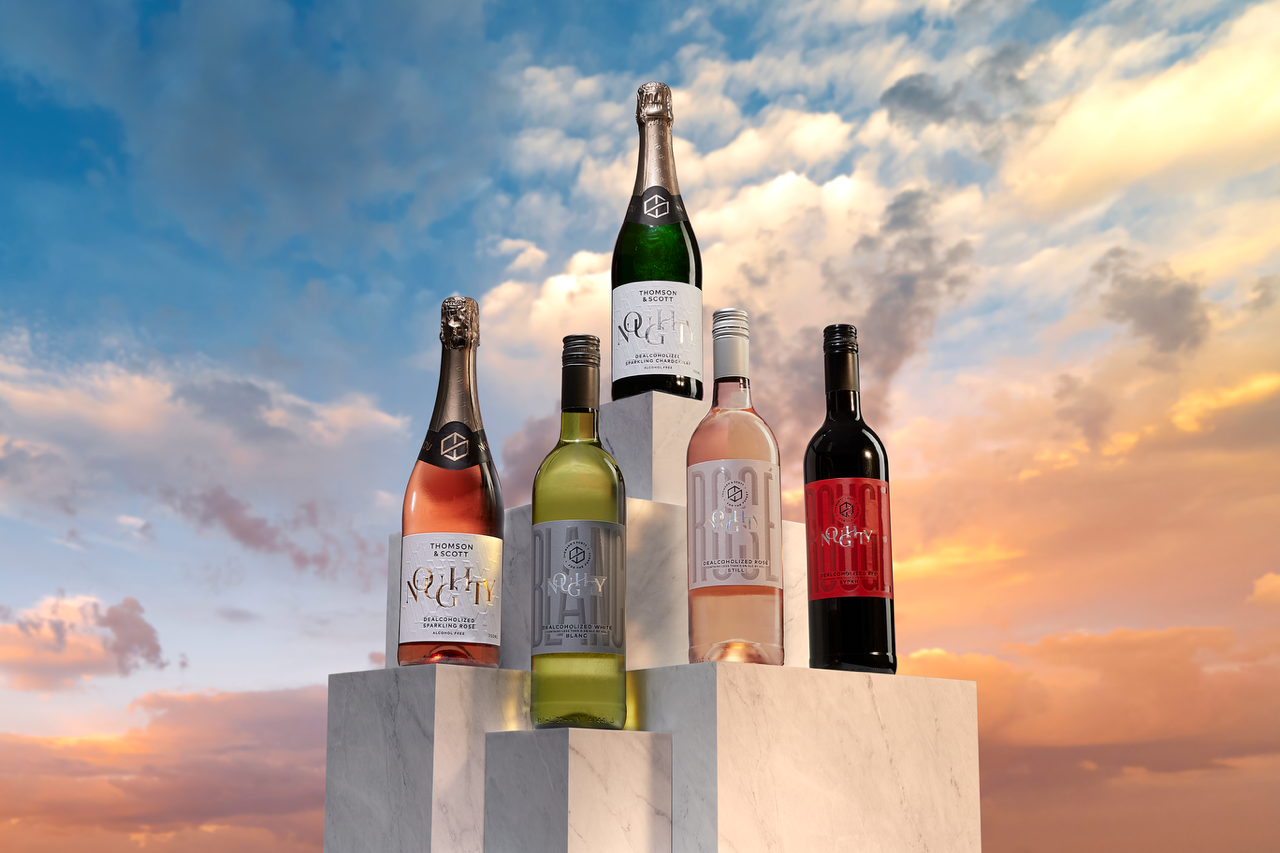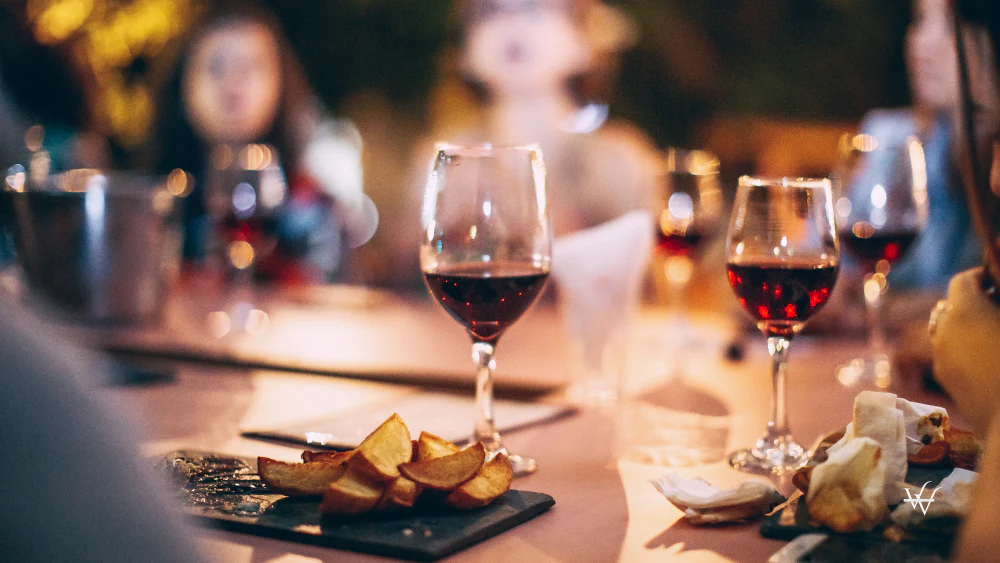Wine has long been an integral part of European culture, but consumption patterns are changing. Younger generations are drinking less, making it fashionable to reduce alcohol intake. As a result, experts are urging the European wine industry to embrace the emerging market for low and non-alcoholic wines. This shift could be key to reversing the negative economic trend caused by declining wine sales.
The Decline in Wine Consumption
European Union (EU) citizens currently consume around half of the world’s wine, totaling 107 million hectoliters in 2023. However, consumption has been steadily decreasing over the past decade. Between 2010 and 2020, wine consumption in the EU dropped by nearly 25%, and this trend is expected to continue, albeit at a slower pace. Experts attribute this decline to growing health concerns and changing drinking habits, prompting the need for alternative wine options.

To address these challenges, the European Commission established a reflection group to analyze the state of the wine industry. This initiative aims to tackle various issues, including extreme weather conditions, climate change, and shifting consumer preferences.
Additionally, global trade difficulties have led to a decrease in wine exports, further affecting the industry. As a solution, the group recommended that European producers explore the increasing demand for low and non-alcoholic wines.
The Economic Potential of Non-Alcoholic Wine
The global market for non-alcoholic wine is experiencing rapid growth, currently valued at nearly €8 billion. By 2031, it is projected to reach €14 billion, representing an annual growth rate of over 10%. The largest markets for these products include the United States, Canada, Australia, and India. European wine producers, traditionally hesitant about non-alcoholic alternatives, are now beginning to recognize the potential of this lucrative market.
Despite the economic opportunities, European wine producers face the challenge of balancing tradition with innovation. Eric Sargiacomo, vice chairman of the Agriculture Committee in the European Parliament, acknowledges the difficulty of adapting to change but believes the industry is well-positioned for success.
Embracing non-alcoholic wine could provide a flavorful and healthy alternative while opening new business opportunities. If European winemakers fully commit to this shift, they could secure a strong foothold in the growing global market.


